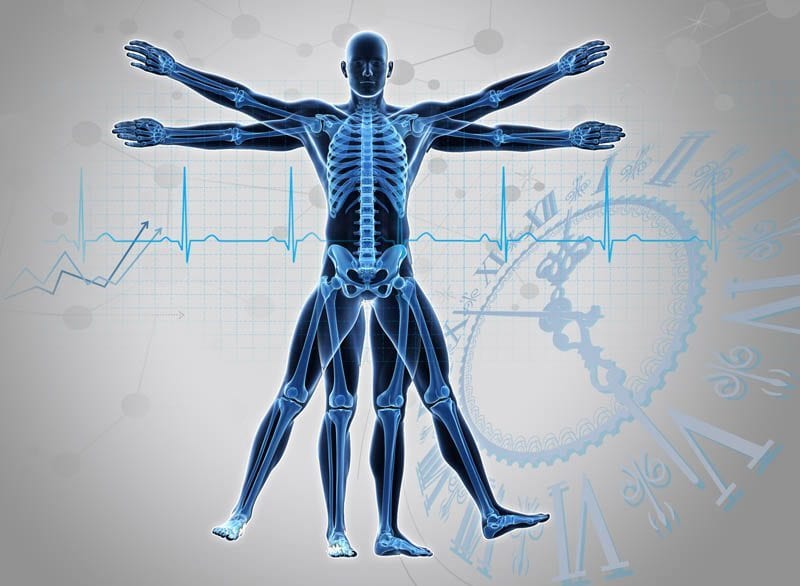Chronobiology and Nutrition. (Please see the previous two issues for the background)
We are all aware that what we eat and how much we eat has a significant impact on our wellbeing. However, have you considered that when we eat is equally as important? Chronobiology study outcomes now point to health implications arising from the timing of meals.
Why is it important?
Asher et al., in their publication titled Time for Food: The Intimate Interplay between Nutrition, Metabolism, and the Circadian Clock, share the following concepts: (Asher et al., 2015, Time for Food: The Intimate Interplay Between Nutrition, Metabolism, and the Circadian Clock, 161(1): 84-92)
- Food or nutrition can be a synchronizer for the circadian (internal body clock) systems as powerful as the
- External light-dark signal.
- Recent studies have investigated different kinds of food, frequency of consumption, and time of consumption for optimizing the body clock and ensuring healthy habits.
When do you eat?
Take a moment to reflect on your meals and the time of day that you eat them. Chronobiological research now states that if you eat three meals per day they should be taken as follows: (https://www.chronobiology.com/chronodiet/)
- Breakfast — then fast for 5 hours
- Lunch — then fast for 5 hours
- Dinner — then fast for 12 hours
The key is to leave enough time between meals to allow the body’s digestion process to work efficiently, emptying the stomach fully before another meal is taken.
The Chrono Diet
The chrono diet (https://www.chronobiology.com/chronobiology-and-diet-how-when-and-what-we-eat-matter/) is simply about adjusting your meals in tune with the times your body optimally absorbs and processes particular foods and supplements: so, essentially, it is a diet based on the body’s optimal biological function. “The International Journal of Obesity” published research indicating that the chrono diet assists with the management of weight control. Here are some of their findings:
- Eating higher-calorie foods in the morning rather than at night can lead to a lower weight than eating most calories later in the day.
- The hours between 12pm and 2pm are the most lenient time to enjoy a variety of foods, since poor nutrition has fewer consequences at this time of day.
- Between dinner and the next morning’s breakfast you will have 12 hours without calorie intake.
Next time we will look at food types and how our bodies process them at specific times of day.
GOOD HEALTH!

